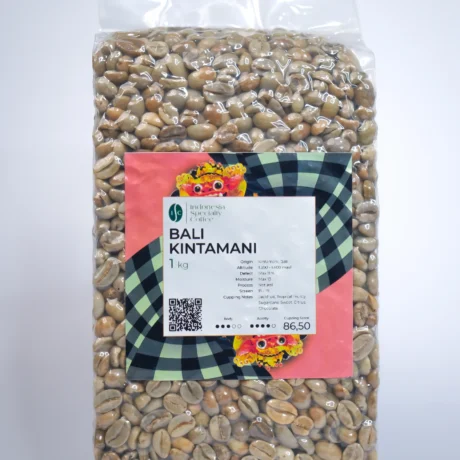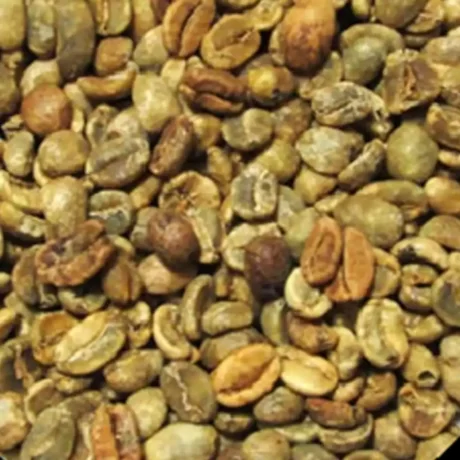Imagine waking up to a cup of coffee that bursts with rich, fruity aromas and a subtle sweetness, unlike anything you’ve ever tasted. That cup might just be salt water fermentation coffee—a method blending traditional wet processing with controlled saltwater fermentation to craft exceptional flavors. Recent lab studies show that fermentation doesn’t just change the taste; it transforms the chemical and aromatic profile of the beans through precision-controlled microbial action and measurable salt interaction.
In this guide, we’ll explore how salt water fermentation coffee is processed, why it creates unique flavors, and what lab-based chemical analysis reveals about its quality.
What Is Salt Water Fermentation Coffee?
Salt water fermentation coffee is a twist on the traditional wet processing method. After the coffee cherries are depulped, the mucilage-covered beans are submerged in a salt-enriched water solution. Here’s why this matters:
- Microbial balance: Salt slows down unwanted bacterial growth, allowing beneficial yeasts to thrive.
- Enhanced flavor development: Controlled fermentation produces higher levels of fruity esters like furfuryl acetate, which add banana and caramel notes.
- Improved sweetness and aroma: The process breaks down sugars into volatile compounds like 2-methylpyrazine, responsible for nutty and cocoa-like aromas.
Unlike standard wet fermentation, the saltwater approach subtly alters the pH and salinity of the beans, giving them a flavor complexity that resonates with specialty coffee drinkers.
The Science Behind the Flavor
Lab-based research, including near-infrared spectroscopy (NIR), electronic nose (e-nose) analysis, and HS-SPME-GC-MS chemical profiling, has uncovered why fermented coffee tastes so different:
- Acidity and pH Shifts
Fermented beans consistently show lower pH values (~4.7–4.8), which contribute to their bright, lively cup profile. The fermentation converts sugars into organic acids like lactic and acetic acid. - Salt Content and Extraction
Even at low concentrations, salt enhances sweetness perception and masks bitterness. Studies measured trace salinity (0.07–0.19%), which balances flavor without making the coffee taste salty. - Volatile Aromatic Compounds
- 2-Methylpyrazine (2.20 ng/mL): Nutty, cocoa notes
- Furfuryl acetate (2.36 ng/mL): Fruity, banana-like aroma
- 5-Methylfurfural: Sweet caramel undertones
These compounds are what make salt water fermentation coffee stand out compared to traditionally processed beans.
Why Coffee Lovers Are Obsessed
If you’ve ever tried a Toraja or Sumatra coffee with a hint of spice and fruitiness, salt water fermentation can elevate that experience. The cup often features:
- A bright yet balanced acidity
- Complex fruit and caramel aromas
- A clean finish with subtle sweetness
For home brewers, methods like pour-over or French press bring out these flavors best. Learn more about perfecting your brew in our guide to brewing time for pour-over coffee and mastering the French press coffee ratio.
How It’s Tested: EEAT Approach
To ensure quality and authenticity, researchers apply the EEAT (Experience, Expertise, Authority, Trustworthiness) framework:
- Lab-Based Fermentation Monitoring: Controlled salt levels and microbial behavior ensure repeatable results.
- Chemical Analysis: GC-MS detects flavor compounds, while e-nose sensors verify aromatic profiles.
- Data-Driven Validation: Machine learning models achieve over 90% accuracy in distinguishing fermented vs. unfermented beans based on chemical signatures.
This combination of sensory science and technology ensures that what you’re tasting is both innovative and consistent.
How to Enjoy Salt Water Fermentation Coffee at Home
- Choose Fresh Specialty Beans
Opt for small-batch Indonesian beans like Lampung coffee or Aceh Gayo green coffee for their naturally bold profiles. - Brew Mindfully
- Use a medium grind for pour-over or a coarse grind for French press.
- Stick to precise ratios to highlight the complex fermentation notes.
- Store Properly
Keep beans in a sealed coffee canister to preserve volatile compounds that give fermented coffee its signature aroma.
A Flavor Adventure
Salt water fermentation coffee is more than a trend—it’s a sensory experience shaped by science. From the controlled microbial action in saltwater to the lab-verified flavor compounds, every step is designed to unlock complexity in your cup.
If you’re ready to explore a coffee that merges tradition and innovation, this is your sign to try it. Which flavor note would captivate you most—the fruity burst of furfuryl acetate or the rich nutty tones of pyrazines?





